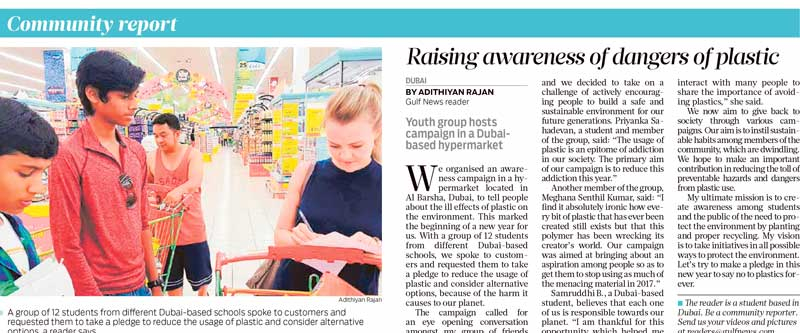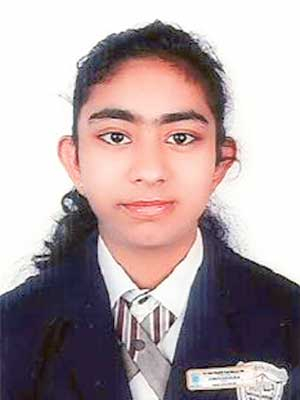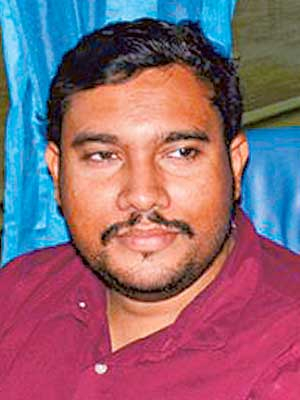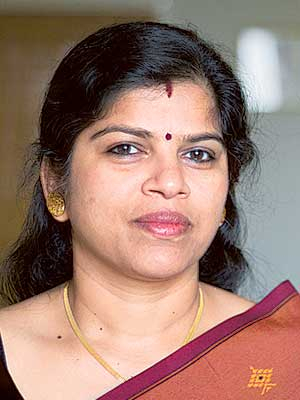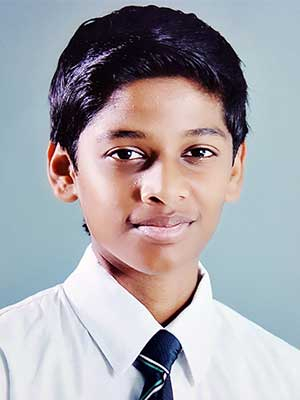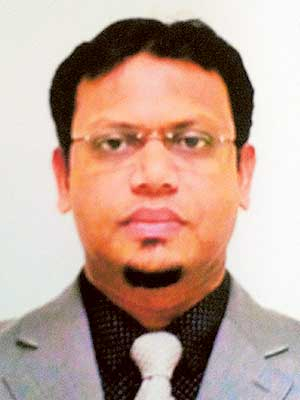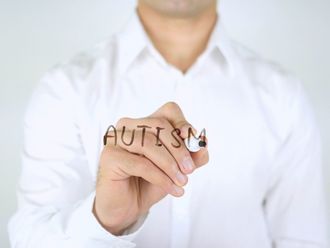Dubai: The future as a dust bowl, with a nearly nonexistent global population of animals and plants is no longer just a cinematic interpretation. Perhaps we are not as near a blighted tomorrow as seen in Interstellar but if the WWF’s Living Planet Report for 2016 is anything to go by, then we can expect a 58 per cent decline in global biodiversity by 2020. That is just about three years away!
The report states that we are “putting the survival of other species and our own future at risk”, unless “we act now”.
And two of the biggest threats are habitat loss and degradation, along with pollution. We need animals, we need flora and fauna to continue as a species, we are inter-dependent. So, when we kill them off, we kill ourselves off. A point well raised in our top community report for the month of January.
The article, “Al Qudra Lake, from campsite to dumping ground”, the result of a collaborative effort by three readers, Mohammad Abdul Gaffar, Nassil Mohammad and Vismaya Sanilkumar, showed the environmental impact of littering - dead swans, herons battling plastic bags and garbage covering the shore of the lake. It takes 500-1,000 years for plastic to degrade. So, all this rubbish is going to be around for a while.
Al Qudra is a beautiful lake and campsite created for the community with a habitat that is home to nearly 175 species of birds, which is being slowly decimated because people cannot be bothered to clean up after themselves. Maintaining a water body in the middle of the desert is a tall task that the authorities have done their best to fulfil. The least, we, as residents could do is to ensure that it is not destroyed by our ignorance and misconduct. Go green, stop littering and save your planet.
Second place goes to the report, “Yoga enthusiasts banned from park in Dubai”, by Shivashankari Pasupathy. The headline offers the gist of the story. But, this was a report that got a lot of reaction from our readers. Many were using the park for group yoga but have now been restricted to smaller numbers. It was unfortunate that a response from Dubai Municipality was not forthcoming on the matter. But, we hope that they will look into the issue.
Third place goes to Adithiyan Rajan and his group of 12 students who decided to raise awareness about the dangers of using plastic at a local supermarket. Their campaign aims to help adults understand the need to limit the use of plastic as much as possible. As said by Meghana Senthil Kumar, a member of the group: “I find it absolutely ironic how every bit of plastic that has ever been created still exists and this polymer has been wrecking ... the world.” According to EcoWatch.com, “enough plastic is thrown away each year to circle the Earth four times”. Not surprising, because the site stated that approximately 500 billion plastic bags are used worldwide each year. That is more than 1 million bags being used every minute. So please - reduce, reuse, recycle.
PROFILES
First: Mohammad Abdul Gaffar, Nassil Mohammad and Vismaya Sanilkumar
Published on January 19, 2017
A collaborative effort between three readers resulted in a detailed report about the dire situation at Al Qudra Lake in Dubai.
|
|
Mohammad Abdul Gaffar |
Mohammad Abdul Gaffar, a sales executive based in Dubai, came across a dead swan during his visit to the campsite with his family. His first instinct was to take a picture and send an alert to the newspaper. “Community reports provide a good platform to people living in the UAE to share their concerns and it is becoming more popular as we see more people writing reports,” he said.
|
|
Nassil Mohammad |
Nassil Mohammad, a sales executive based in Dubai, spotted a heron trying to consume a plastic bag at the same location. As a photography enthusiast, Mohammad is always on the lookout for locations where he can find different species of birds and so, chose Al Qudra Lake.
He said: “Community reports are a good platform to raise awareness about such issues. People interested in Nature and birds would love to visit this destination. But, people’s behaviour will shut it down.”
|
|
Vismaya Sanilkumar |
Vismaya Sanilkumar, a student based in Sharjah, believes that such reports are raising awareness about “otherwise ignored aspects of our surroundings”. As someone who makes a conscious effort to be environmentally friendly, Sanilkumar is happy that he has a platform to express his concerns. “These reports have helped me to become more conscious of the environment and the effects of mankind’s actions,” he said.
Second: Shivashankari Pasupathy
Published on January 26, 2017
|
|
Shivashankari Pasupathy |
Shivashankari Pasupathy, a teacher based in Dubai, highlighted the situation wherein a group of people doing yoga at a park in Dubai, were initially banned from doing so, and were later asked to come in smaller groups. In her opinion, community reports help keep people informed of public affairs.
She said: “Allowing people to share their thoughts, complain, criticise and also appreciate various issues is the best part. After my report was published, fellow yoga mates, neighbours, friends and colleagues all echoed a similar sentiment and have rallied their resources in spreading the word, hoping to achieve a fruitful outcome.”
Third: Adithiyan Rajan
Published on January 16, 2017
|
|
Adithiyan Rajan |
Adithiyan Rajan, a student based in Dubai, finds community reports to be a “successful way of communication” and sharing of information. He is convinced that such a platform allows readers to be able to reach out to a large amount of people and create an impact.
He said: “The reports can bring out a positive change in the society. My teachers and neighbours congratulated my efforts in organising these campaigns for a social cause. When I shared this message with my friends and relatives abroad, I received an overwhelming response and felt that my work had transcended borders due to Gulf News.”
— Profiles compiled by Rabab Khan/Community Interactivity Editor


